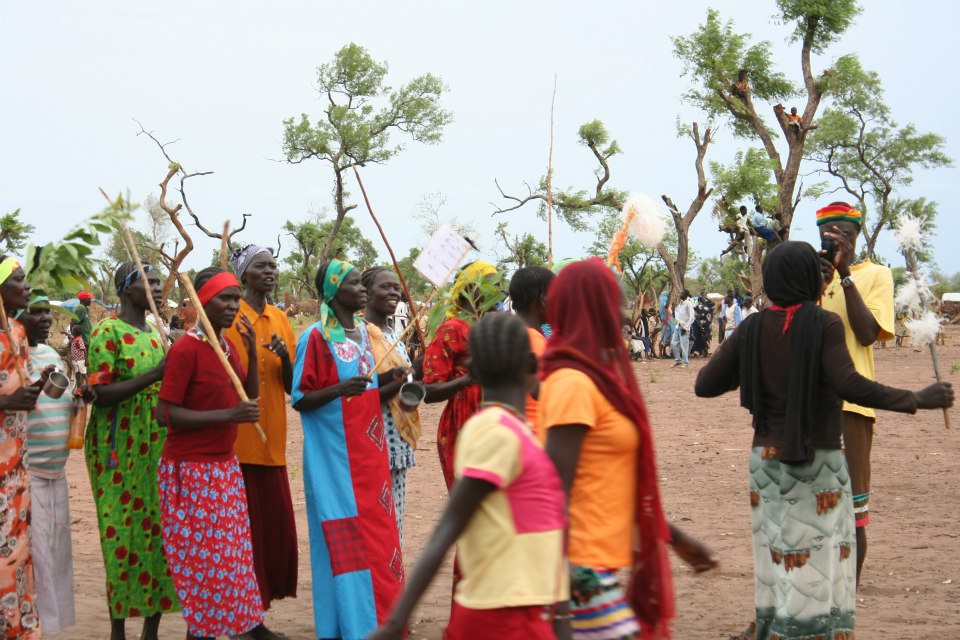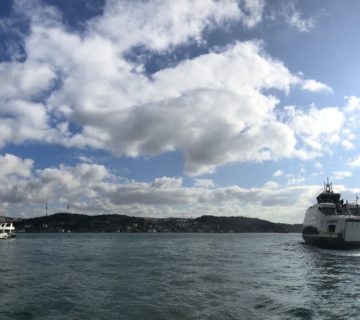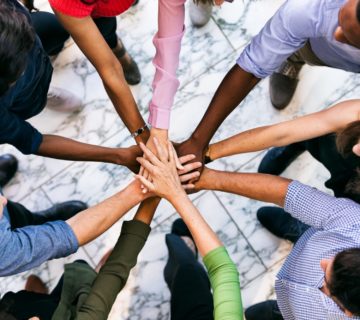In March 2013, I arrived in South Sudan, to live in a tent in a refugee camp in the north of South Sudan. Those refugees came from Darfur, in southern Sudan, escaping years of war and violence. The Yida refugee camp was situated in no-man’s-land, near the northernmost point in Unity State in South Sudan. It has become a home of tens of thousands of people from South Kordofan—overwhelmingly from the Nuba tribes that make up the Nuba people.
In the winter months, with little rain, it was dry, but the soil was red. When it did rain, the landscape would be transformed with trees sprawling up. People were given plastic sheets to build their houses, but they used local materials to build some mud/clay huts over time. Very few people had a little garden. The majority relied on humanitarian assistance.
My new home was a compound with 7 tents where we would live as internationals. We had no electricity and our shower was built out of mud. You would go to the water pump on our compound, fill your bucket of cold water. In the shower, you use a cup to pour water over you. There were almost no vegetables in the market. Fresh tomatoes, onions, garlic, and goat meat were available. We received can food from Juba, the capital, as we had humanitarian flights coming in with some food supplies. Morning breakfast was chapati. It was sweet dough that you would dip in oil to fry and eat with tea or Nescafé powder. On the weekends, you would take a stroll in the local market, sit down in one of the “tea places”, that were simple stalls with a ribbed roof and plastic chairs to sit on. The coffee you get would be like an expresso but very sweet and with ginger. I have to say, one of the best “expressos” I ever had. You could smoke shisha and listen to some good African music in the background for those who managed to get electricity with solar power. With the water, you would never be quite sure if it gives you typhoid or not if you decide to go for a coffee or a shisha. Those were the leisure activities. The days were too hot to do much else. On Sundays, the community organised boxing events. The women would come and dance until the men come in. Children would join, climbing up trees to watch the show.
I would never forget one of the first meetings I attended with the refugee community. I have just come from the Middle East, that was facing a similar crisis. Things were getting worse at that time in southern Syria and thousands of people starting to flee into Jordan to seek refuge. We sat in a circle and the most senior chief, like a mayor in a European village, spoke first and demanded that shelter was not adequate. He had seen how Syrians lived and demanded to be treated the same. I looked at him puzzled. The power of the internet and how connected we all are. He knew that some Syrian refugees lived in prefabs.
Living in a refugee camp was an incredible experience. While I was of course much better off, it was closest to the true humanitarian experience as you live with the refugees. You go and buy your veggies from them. You sit and have coffee with them and begin to understand them on a personal level, their stories, and their lives. You see them as human, not someone you assist because of you work. You laugh and joke about the same things while your drinking your incredible sugary coffee. But we as an international community need to do more. These refugees and many others around the world have been living like that for years and no end in sight. Being refugee has become much more than a short term experience from which you move on. It becomes who you are for generations. How can anyone imagine a life in a small hut, no window with nowhere else to go, nothing to do. What kind of life is that? How many millions lives around the world live a life wasted like that? How can we as a international community accept this?




